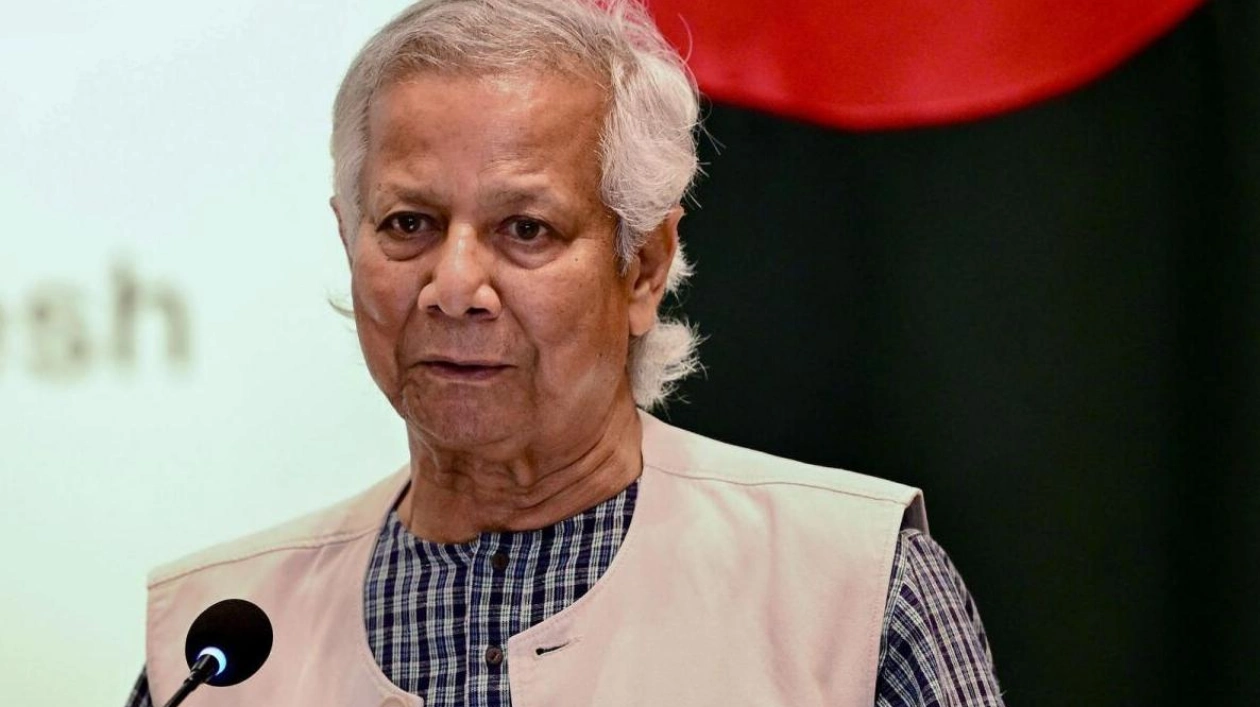Photo: AFP file
Bangladesh's interim leader Muhammad Yunus appealed for the nation's 'patience' as he addressed the country on the 100th day of his administration, which came to power following a student-led revolution. The 84-year-old Nobel Peace Prize laureate was appointed as the 'chief advisor' on August 9, shortly after the student-led uprising that concluded Sheikh Hasina's 15-year autocratic rule. Yunus, known for his pioneering work in microfinance, is heading a provisional government tasked with the formidable challenge of reinstating democratic institutions in the South Asian nation, home to approximately 170 million people.
Yunus pledged that an election commission would be established 'within a few days,' but he cautioned that a specific timeline for elections could not be provided, as it hinges on a series of electoral and constitutional reforms. 'I assure you that we will conduct the long-awaited election once the requisite and fundamental reforms are finalized,' he stated during the broadcast. 'I ask for your patience until then. Our goal is to construct an electoral framework that will stand the test of time. To achieve this, we require some additional time.'
Yunus also emphasized his administration's commitment to holding accountable those responsible for the violent crackdown on protests that led to Hasina's ouster. He disclosed that he had discussed the matter with Karim Khan, the chief prosecutor of the International Criminal Court. An arrest warrant has been issued for 77-year-old Hasina, who was last seen arriving in neighboring India after escaping by helicopter as crowds stormed her palace. Hasina has been summoned to appear in court in Dhaka on Monday to answer charges of 'massacres, killings, and crimes against humanity,' but she remains in exile in India. Several of her former government ministers, who were detained and held in custody, are also expected to face similar charges in court.
'We have already initiated proceedings to prosecute those accountable for enforced disappearances, murders, and the mass killings that occurred during the July-August uprising,' Yunus declared.
Crisis Group analyst Thomas Kean described the task facing Yunus as 'monumental,' cautioning that 'fissures are beginning to show in the fragile coalition' that propelled him to power. 'For the time being, Yunus and his associates enjoy broad support, but public expectations are a double-edged sword,' the think tank stated in a report released on Thursday. 'If the interim administration fails to implement reforms, the result could be an early election with minimal progress; in the worst-case scenario, the military might seize power.'
Source link: https://www.khaleejtimes.com






